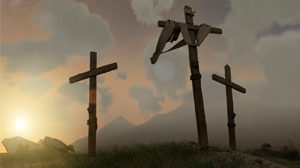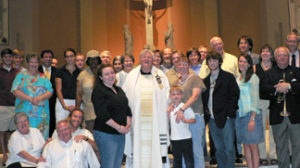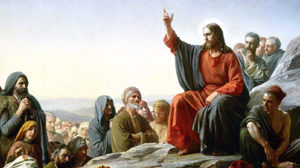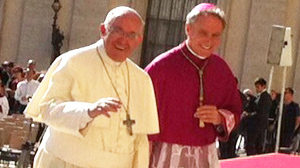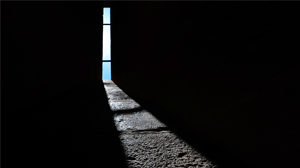Reflection:
In our first reading from the prophet Haggai, the prophet exhorts the people to continue the work of rebuilding the Temple. Although what has been done seems like nothing compared to the temple that Solomon built, God promises through Haggai that “Greater will be the future glory of this house than the former.” God also promises “And in this house I will give you peace.” For me, perhaps because of all that is going on in our country and in our world, that promise of peace is the most striking piece of the prophecy.
In our Gospel reading from Luke, Jesus asks His disciples what the people are saying about Him. And then He asks, “But who do you say that I am?” And Peter replies, “The Messiah of God.” Peter’s confession of faith presents several questions to us: “Who is Jesus for us? Can we find God’s promise of peace in Christ? Can we find peace in that Jesus died and rose from the dead so that we need neither be slaves to sin nor afraid of death? Can we find peace in following Jesus?”
Our faith tells us that following Jesus can bring us peace, even though we may encounter suffering and sorrow. To know that God loves us beyond our imagination because the Son of God sacrificed Himself for our salvation can bring us peace in the midst of any crisis we may be experiencing. No matter what may be going on, nothing or no one can take away what Jesus has done for us! If we can find peace in that, then the things that may be weighing us down need not do us in! Jesus is our Messiah. He is our peace.
Fr. Phil Paxton, C.P. is on staff at St. Paul of the Cross Retreat and Conference Center, Detroit, Michigan.

